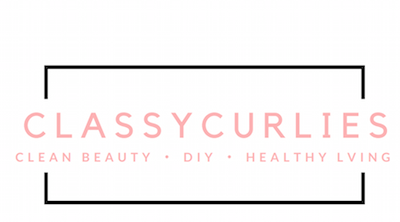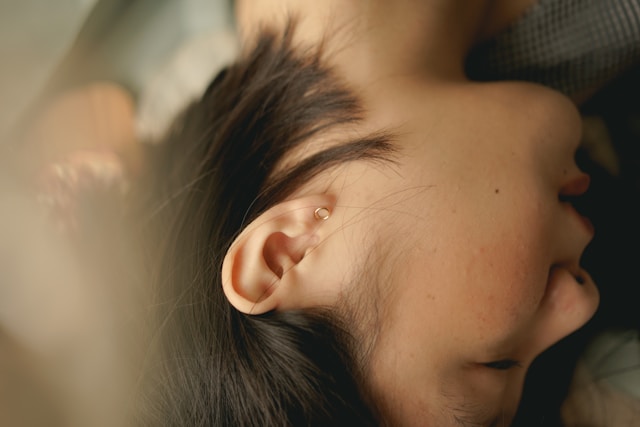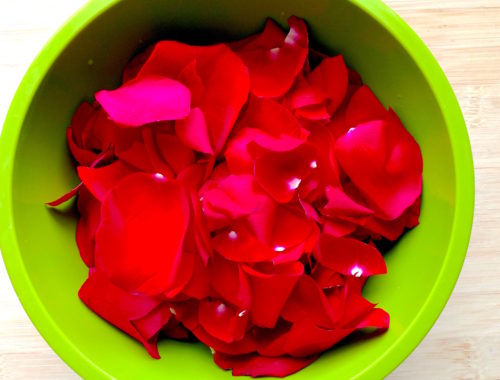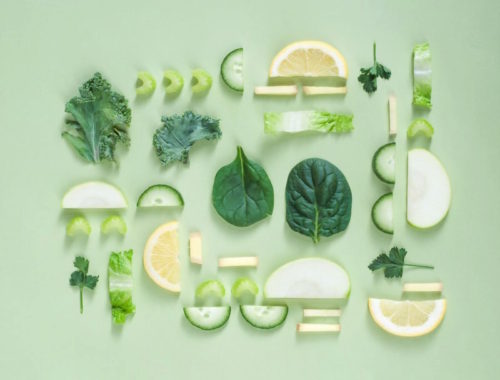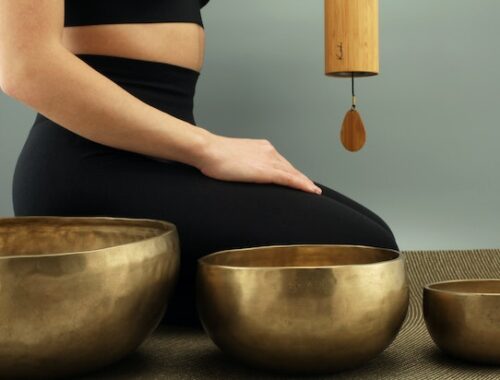Got an ear infection? Or perhaps you’ve got an earwax blockage? There are ear drops that you can buy over-the-counter, however buying your own ear drops may not always be necessary. In fact, you can often save money and achieve similar results by making your own DIY ear drops. Below are just a few examples of popular DIY solutions.
Olive oil
Olive oil can be effective at softening hard ear wax, so that it can be more easily removed. You only need 2 to 3 drops of olive oil to do the trick. If you regularly suffer from earwax blockages, consider pouring some olive oil into a dropper bottle. The likes of Science.bio’s supplies include dropper bottles with pipettes that you can buy for this purpose.
Ginger
Ginger is renowned to have anti-inflammatory properties. You can brew your own herbal elixir using ginger. Alternatively, you can make DIY ear drops, which when applied to the outer ear canal could reduce inflammation. Use ginger or create your own ginger juice by crushing ginger and straining it. You should try to avoid getting ginger in the inner ear canal as it may cause irritation. Some people claim that ginger can also help fight tinnitus.
Garlic
Garlic is another common kitchen ingredient that can also double up as a DIY ear remedy. This herb is known for its ability to boost the immune system, and like ginger it has proven anti-inflammatory properties. Eating garlic within foods may provide some benefits if you have an ear infection, but you can also apply garlic oil directly to the ears. Just a couple drops could help to relieve inflammation. This guide explains more about how to use garlic as an ear remedy.
Hydrogen Peroxide
Hydrogen peroxide is an ingredient often found in many over-the-counter ear drops. It is commonly used as a DIY disinfectant for cleaning the home as it has natural antibacterial and antifungal properties. However, you can also use a few drops of it to clean out your ears if you have an infection. Hydrogen peroxide is also effective at removing ear wax – introducing oxygen to it and causing it to bubble and soften. All in all, it’s quite a versatile medicine for the ears. Make sure to heavily dilute hydrogen peroxide with water before using it, as it could cause irritation on its own.
Apple cider vinegar
Apple cider vinegar is renowned for its many DIY uses from cleaning windows to helping fight skin conditions like acne and eczema. It can also be used as a remedy for ear infections due to its antimicrobial properties. Never use apple cider vinegar undiluted on your ears – mix with water and then add a few drops using a dropper bottle or syringe. Within two days, you may find that your infection has gone away.
When to see a doctor…
Not all ear issues can be cleared up by these DIY recipes. A very painful and persistent infection may be better treated with antibiotics prescribed by a doctor. Bear this in mind when using these recipes.
